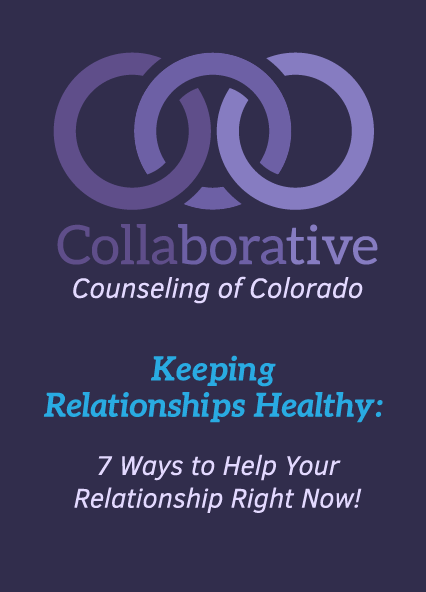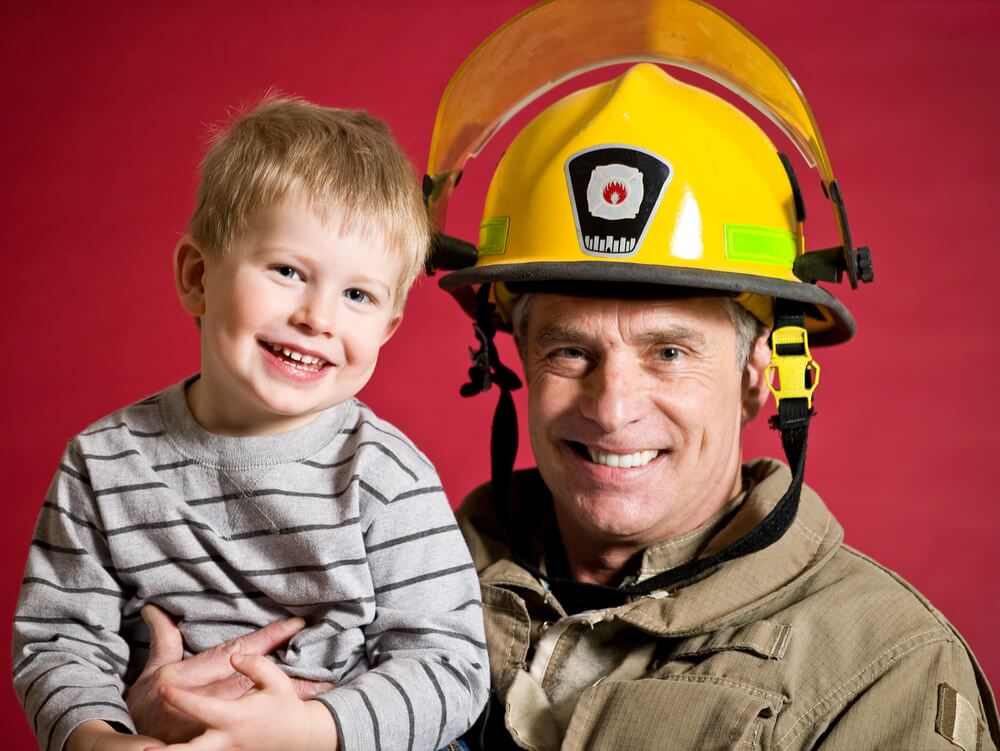Hi! I’m Suzanne and I have a confession. This is my first blog post. Ever. We aren’t going to waste any time here either…we are diving right into the deep end of the pool with an important topic. As the wife of a firefighter, the issue of mental health for first responders is one that hits close to home and the relevance drives a lot of my work as a therapist.
I am convinced that it takes a special breed of human to be a first responder. On a regular basis, these individuals deal with situations that, for most of us, would align with our worst fears and nightmares. That being said, it is understandable why nearly 80% of first responders (firefighters, police, and emergency medical professionals) experience work-related trauma. With statistics like that, a first responder’s need for mental health services isn’t a question of “if”, but rather, “when”.
First responders often develop a resiliency to these horrific calls through repeated exposure and talking about the scene with their crew. Inevitably though, there are certain calls that are triggering for the responder and suddenly, it isn’t so easy to move on with their normal activities.
At this point, the responder’s likelihood of using maladaptive coping strategies such as drinking, drugs, gambling and other risky behaviors significantly increases. The possibility of mental health issues or even death by suicide also significantly increases. Therefore, it is imperative to know the signs of trauma, and know where to get help.
There are several behavioral signals that could indicate that someone needs help:
- Increased feelings of depression. Depression is most commonly identifiable by decreased interest in activities that usually bring the person joy or fulfillment, extreme fatigue, loss of motivation, sleeping a lot more or a lot less than usual and eating a lot more or a lot less than usual. An individual experiencing depressive symptoms may cry excessively, they may have angry outbursts of rage, or they may even experience another extreme, feeling completely numb. It is normal to have a bad day or two, but if these symptoms persist for 3 or more consecutive days, it may be a situation that needs to be monitored closely.
- Increased anxiousness. This may mean the responder is experiencing excessive worry, racing thoughts, increased heart rate, trouble focusing and irritability. There may be an increasing desire to call in sick from work and avoid social functions. Sleep difficulties are another telltale sign of anxiety. Both trouble falling asleep and staying asleep are common for individuals experiencing anxiety.
- Flashbacks. The 5th edition of Diagnostic and Statistical Manual of Mental Disorders (for short, the DSM-5) defines flashbacks as “recurrent, involuntary and intrusive distressing memories of the traumatic event”. For individuals experiencing flashbacks, they feel as if they have been transported back in time and they are actually reliving the traumatic event. Persistent flashbacks and recurring nightmares are signs that the responder could be experiencing Post Traumatic Stress Disorder, or PTSD. Other PTSD symptoms can include chronic pain, headaches, sweating, dizziness.
How to get help:
- Peer support team. Thanks to increased mental health awareness, most departments have a peer support team. Ideally these colleagues are trained to provide non-judgemental empathy, additional resources and confidentiality at no cost to the responder. This is a great place to start, especially since these colleagues are the most familiar with the particular situations that the responders face.
- Therapist. Ideally, there is a relationship already established with a therapist before the responder is in crisis. Even if there is not, it is not too late. A therapist who is culturally informed about the specific challenges that first responders deal with is ideal. Nationwide, there are foundations, trusts and non-profit organizations that are able to link responders with competent professionals. Here in Colorado, the non-profit organization Building Warriors is one example. Building Warriors pairs therapists (who are all closely connected with the first responder world) with clients who need individual or couples counseling, often billing the departments or the client’s insurance.
- Crisis hotline.
(844) 550 – HERO (4376) This national hotline is for first responders in crisis, free of charge and available 24/7.
For the Suicide and Crisis Hotline, simply dial 988. Of course, in emergency situations, always call 911.
For the last note on this, if you are unsure if help is needed…seek it out. Play it safe.
Until next time, be well, my friends.

